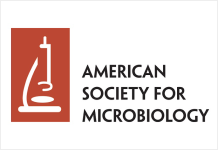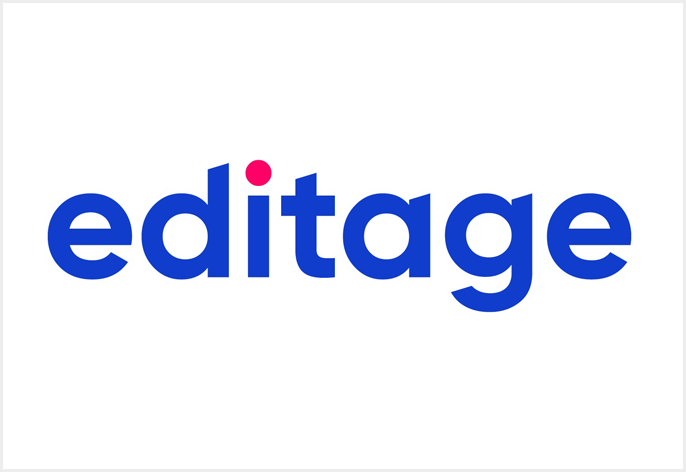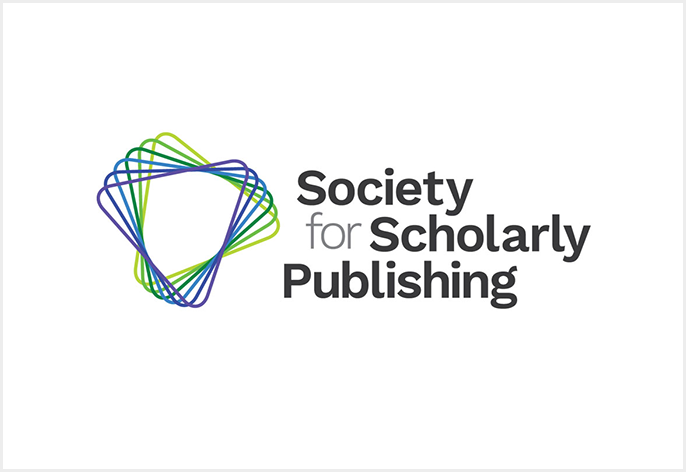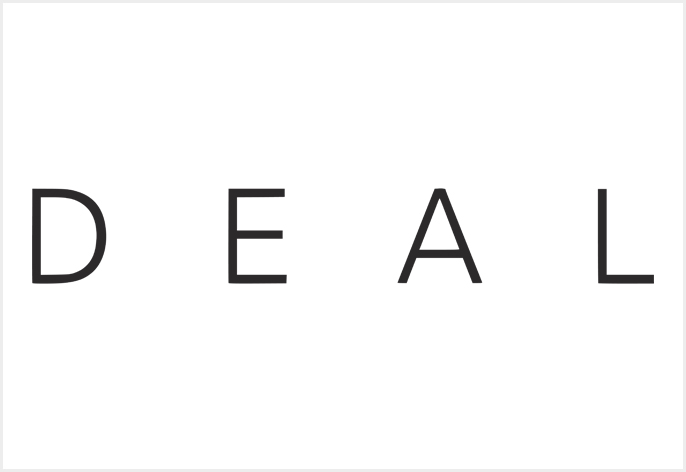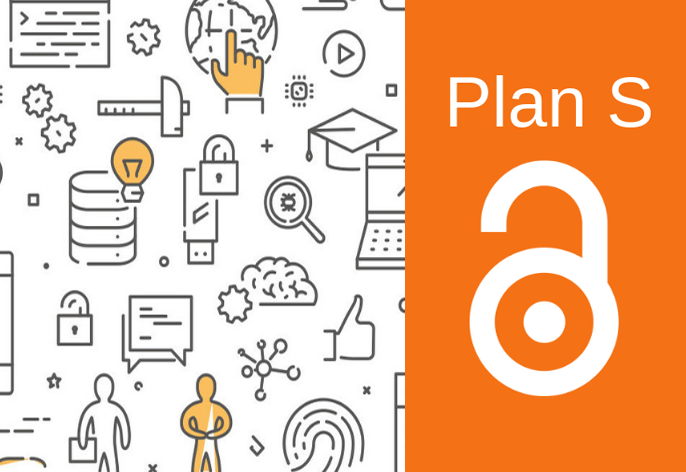Editage announces a strategic partnership with EurekAlert!, the global leader in science news distribution, to offer enhanced research communication services to universities and researchers worldwide. Through this partnership, Editage will become an authorized reseller of EurekAlert!’s services in Japan, Korea, and China, facilitating the amplification of research impact.
Effective science communication is critical for application, impact, and accountability of scientific research and may result in substantial boost in research visibility, increased citation rates, and improved global rankings. This partnership addresses common challenges universities face in carrying out global science communication, including the absence of dedicated Public Information Officers (PIOs) and limited resources for timely press release distribution.
Editage can now offer universities, researchers, and scholarly publishers services akin to a remote Public Information Office (PIO), representing and submitting content to EurekAlert!, thus managing the entire research news dissemination process. This partnership also offers universities streamlined access to EurekAlert!’s powerful platform, significantly reducing onboarding and turnaround times for press release distribution.
Universities and researchers can also opt for additional services such as infographics, video summaries, and paper selection services to enhance the effectiveness of the press release.
Makoto Yuasa, Head of Marketing, Cactus Communications, stated, “In today’s fast-paced scientific landscape, effective communication is as crucial as research itself. This partnership between Editage and EurekAlert! represents a game-changing opportunity for research institutions worldwide. By combining Editage’s expertise in science communication with EurekAlert!’s unparalleled distribution network, we’re setting a new standard for global research visibility and impact.”
Brian Lin, Director of Editorial Content Strategy at EurekAlert!, said, “We’re excited about the potential of this partnership to increase access to our powerful and trusted platform and democratize global science communication. This alliance is more than just a service offering—it’s a catalyst to spark more scientific collaborations and progress. By enhancing the visibility of cutting-edge research from more areas of the scientific enterprise, we can accelerate the pace of discovery and foster a more connected global scientific community.”
The partnership offers enhanced global visibility, cost-effective solutions, and expertise in science communication. Universities can improve their global reputation and rankings through broader international exposure and scalable remote PIO services. Researchers can gain increased recognition, career advancement opportunities, multilingual support. Scholarly publishers can benefit from amplified impact, streamlined promotion, and global reach, with insights into engagement metrics.
By leveraging the combined expertise of Editage and EurekAlert!, this partnership will enhance the influence of scientific research globally.









